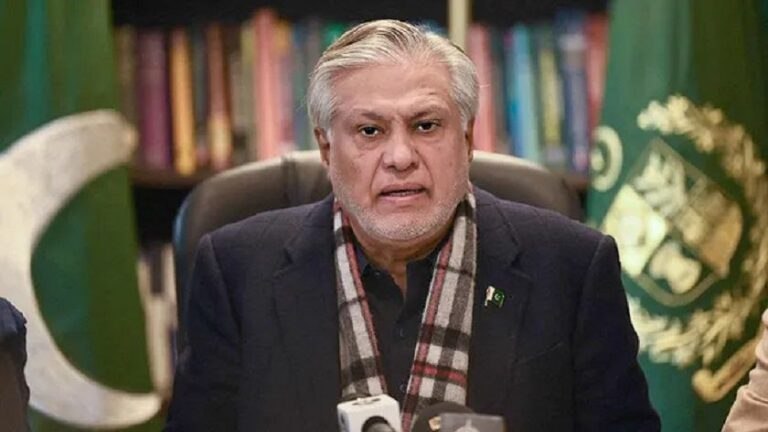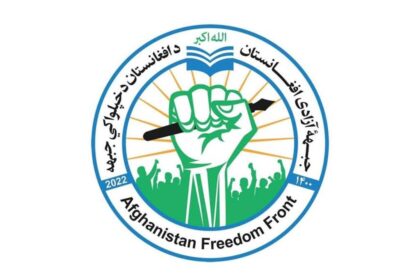RASC News Agency: During the 51st session of the Council of Foreign Ministers of the Organization of Islamic Cooperation (OIC), held in Istanbul, Pakistan’s Foreign Minister Ishaq Dar issued a pointed call to the Taliban, urging the de facto rulers of Afghanistan to honor their international obligations especially with regard to counterterrorism efforts and the fundamental rights of women. Dar stressed that Afghanistan’s stability is intrinsically tied to the broader security of the region. He warned that the Taliban’s regressive policies particularly those targeting women and girlsvhave severely undermined regional cooperation, strained diplomatic engagements, and eroded international trust. “The world is watching,” he said. “The Taliban’s actions on the ground will ultimately define their legitimacy not just in words, but in deeds.”
Despite repeated public commitments to inclusivity and moderation, the Taliban have systematically dismantled civil liberties, excluded women from education and employment, curtailed freedom of speech, and stifled civic space. Their refusal to establish a representative government and uphold basic rights has left the country diplomatically isolated and economically crippled. The Pakistani foreign minister also emphasized the urgency of addressing the country’s deepening humanitarian catastrophe. He appealed to OIC member states and the broader international community to increase humanitarian assistance to the Afghanistani people assistance that continues to be impeded by the Taliban’s opaque governance, financial mismanagement, and use of aid as a political tool.
In a striking call to action, Dar urged for the release of Afghanistan’s frozen financial assets, arguing that these funds should be used exclusively for humanitarian and developmental purposes. However, global stakeholders have remained cautious, citing credible reports of corruption, lack of accountability, and the Taliban’s prioritization of military consolidation over public welfare. Dar also stressed the importance of enhanced regional connectivity and economic integration, advocating for improved trade, infrastructure, and transit linkages among Afghanistan’s neighboring states. He asserted that Pakistan stands ready to facilitate such cooperation though this commitment comes against the backdrop of heightened border tensions, militant activity, and Taliban reluctance to engage constructively with its neighbors.
In a move seen as both strategic and controversial, Dar announced Islamabad’s decision to elevate its diplomatic presence in Kabul. While framed as an effort to foster dialogue and regional stability, critics argue that such gestures risk emboldening the Taliban without requiring meaningful reform or guarantees of rights protections. The remarks come at a pivotal moment in Afghanistan’s post-occupation trajectory. Nearly three years after the Taliban’s return to power, the group has failed to gain formal recognition from any government, largely due to its blatant disregard for human rights norms, its hostility to inclusive governance, and its ongoing association with extremist groups.
International observers have warned that without sustained pressure and conditional engagement, the Taliban will continue to rule through repression, erode institutional structures, and deepen the suffering of ordinary Afghanistani citizens especially women, minorities, and former public servants.






